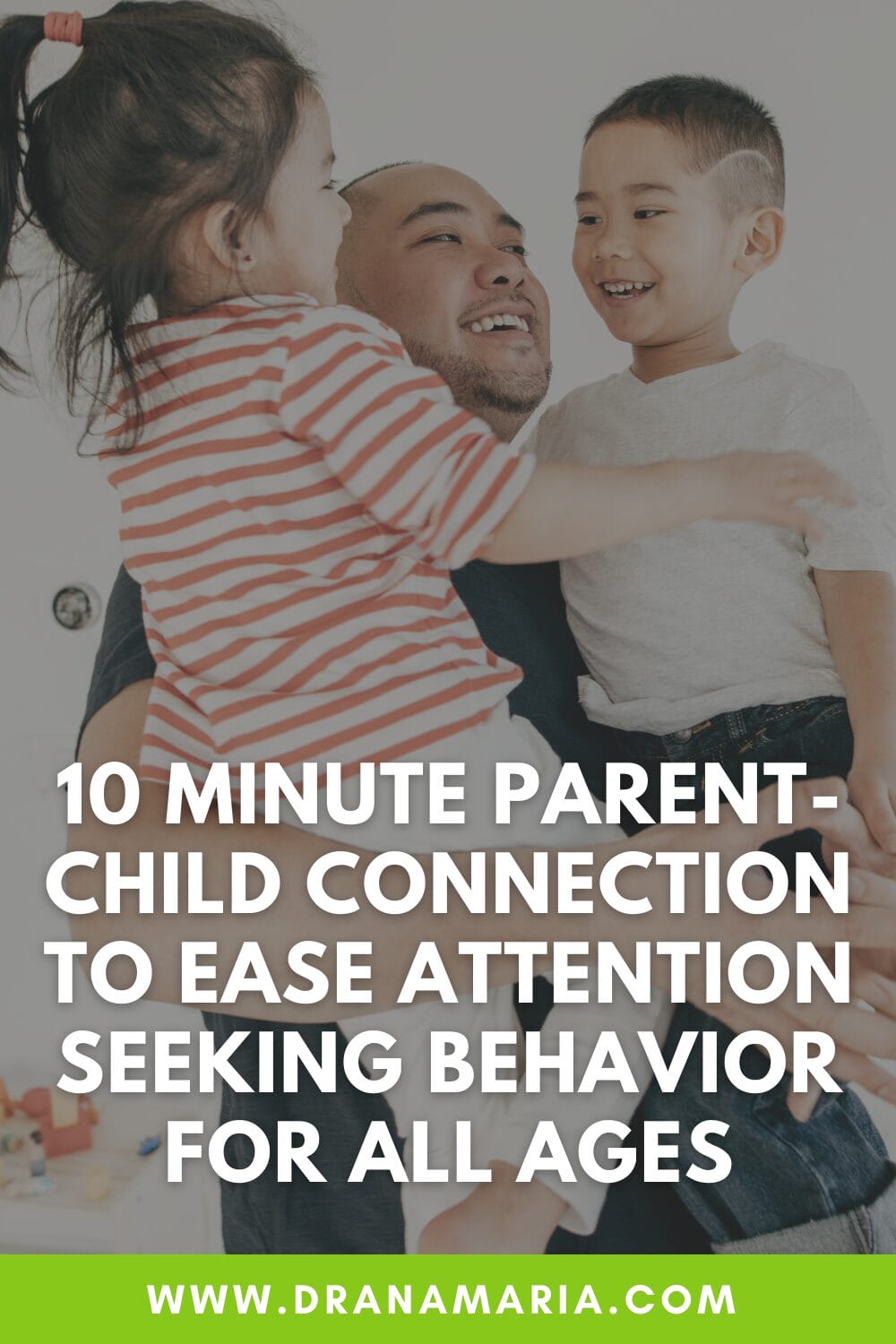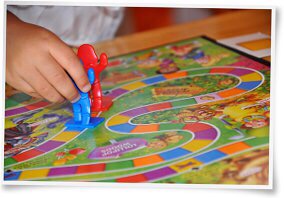Let’s discuss attention seeking behavior and one solution that can help in most instances.
Here are some scenarios encountered:
- My toddler was doing great with potty training when the new sibling arrived, but 4-6months into the new baby’s life, my toddler is pooping in her pants right in front of me.
- My 3 year old has started acting out, has more tantrums, and refuses to go to bed at night since I went back to work.
- My 4 year old was potty trained and now has accidents with pee and poop several times a day (all other medical issues ruled out), since the youngest sibling has started crawling.
- My 6 year old has started refusing to go to school since I went back to school 2 nights a week.
- My 7 year old has increased anger outburst and is more defiant since my husband changed jobs.
- My middle schooler has become more withdrawn and more irritable as of late.

The common thread amongst all these scenarios:
- The child does not have any medical conditions identified by their physician.
- Behaviors have changed or escalated with life alterations at home.
- Life Shifts can include:
- a sibling that is “not going away” (toddlers generally realize that a new brother is a permanent family addition around when the baby is 4-6months of age)
- crawling sibling,
- screaming sibling,
- ill sibling that requires a lot of parental attention,
- a parent going back to work,
- a parent changing jobs and having a more demanding schedule
- a parent who is now traveling for work
- a parent going to school after work,
- parental separation or parental discord
- Life Shifts can include:
The 10-15 Minute Parenting Solution:
-
- Identify which parent’s attention appears to be the issue.
- Make special time for the child in need and call it that. In my house the child was Jake, so every day we had “Jake Time”.
- Daily discuss and plan for “Jake Time,” make a big deal about it.
- It is a 10-15min event daily.
- Can never be taken away as punishment.
- Cannot be skipped
- Activities can be anything from cards, games, tea party, walk, bike ride, puzzles, reading. Watching TV is not a great use of this time because its not interactive and the attention is not on the child, but on the TV.



- Do not make “Jake Time”, the reading before bed, because to most young ones this appears to be the time you put them away so you can go have the best time of your life without them. (If only …..)
- Do not do laundry, organize, be on the phone, Facebook, etc during this time.
- Make sure that all other siblings are sleeping, quietly playing somewhere else, and basically they are nowhere in site.
- Once or twice a month turn “Jake Time” into a date for 1 hour and go do something outside the house.
- Do not feel overwhelmed by the 10 minutes, and do not consider this a chore. Laundry and dishes are chores, and those can wait. 10 minutes of “Jake Time” can save you hours of whining, loads of laundry, and salvage your hearing and nerves from unrelenting tantrums.
- For snarky tweens and teens:
- Do not call this time anything!
- Simply sit next to them for 10 min while they do homework, make up, reading, snack, or chilling.
- If an explanation is needed, state that you want to be near them, to admire their make up routine, to help with the hair if needed, to be in their space because you miss them. But really you don’t have to say anything. Just sit without any distractions and relax.
- Do not pepper them with questions. Treat them like cats. The less “attention” you pay to a cat, the closer the cat gets to you. The same is true for tweens and teens.
- Remember that this is the ME era and they all want nonjudgemental, non stressful attention, and no expectation attention. They want to be admired and cherished more then toddlers.
- For some tween/teens, it takes a few session of just sitting there for them to start talking and opening up. Some start talking right away and some need a few 10-min of “undivided attention” sessions to really understand that you are there and paying attention to only them.

Please feel free to leave feedback on how this approach has worked in your house.
In Good Health, Ana-Maria Temple, MD




